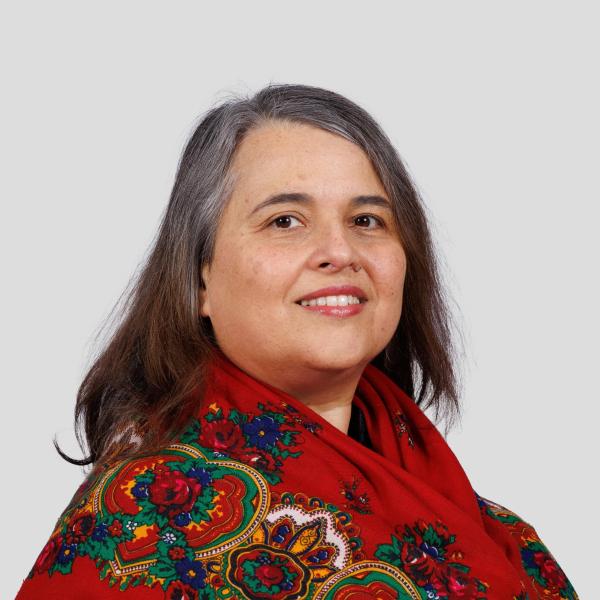
Contact details
About me
I am a postgraduate researcher working at the intersection of critical heritage and museum studies.
Since October 2022 I have been working on a collaborative PhD with Historic Environment Scotland, funded by AHRC via the Scottish Cultural Consortium. The aim of the project is to develop a research methodology to engage with the hidden stories, values and meanings of the maritime collection associated with Trinity House, Leith. While focusing on a particular case-study, the methodology proposal will be designed as a pilot, to be applied to other collections of portable objects connected with historic buildings, and in other heritage and museum contexts.
Prior to my PhD, I have completed the MSc Heritage and the BA Heritage and Tourism at the University of Stirling. I have engaged with a range of cross-disciplinary, integrative approaches, aiming to grasp the relationships between people, objects and landscape, and the ways these come together to constitute heritage.
My doctoral thesis is developed under the working title "Probing beneath the surface: a research framework to access hidden stories, values and lives of the Trinity House and its object collection".
Using Trinity House collection as a case-study, the project will advance the efforts to develop object-centered methodological approaches that not only give access to ‘hidden stories’, but also expose mechanisms and processes that perpetuate marginalisation. Bringing to the front alternative perspectives, the proposed project responds to the need for research that moves beyond reframing and opens up space for meaningful plurality. Joining the efforts towards meaningful decolonisation, the project will engage in uncovering ‘hidden’, or ‘silenced’ stories relating to various processes of exclusion and marginalisation based on race, gender and class in an integrated manner, bridging the currently distinct areas that address these issues. In articulating my methodological assemblage I draw on a wide range of ideas from the fields of new materialism, science and technology studies, post/decolonial theory and environmental humanities, as well as archaeology, anthropology and history.
Award
Faculty of Arts and Humanities Postgraduate (Taught) Research-Based Learning Prize 2022
University of Stirling
People Choice Winner, Images of Research Competition 2024
University of Stirling
https://stir.sharepoint.com/…hure&p=true&ga=1
Postgraduate Merit Scholarship 2021
University of Stirling
